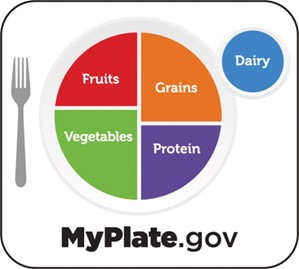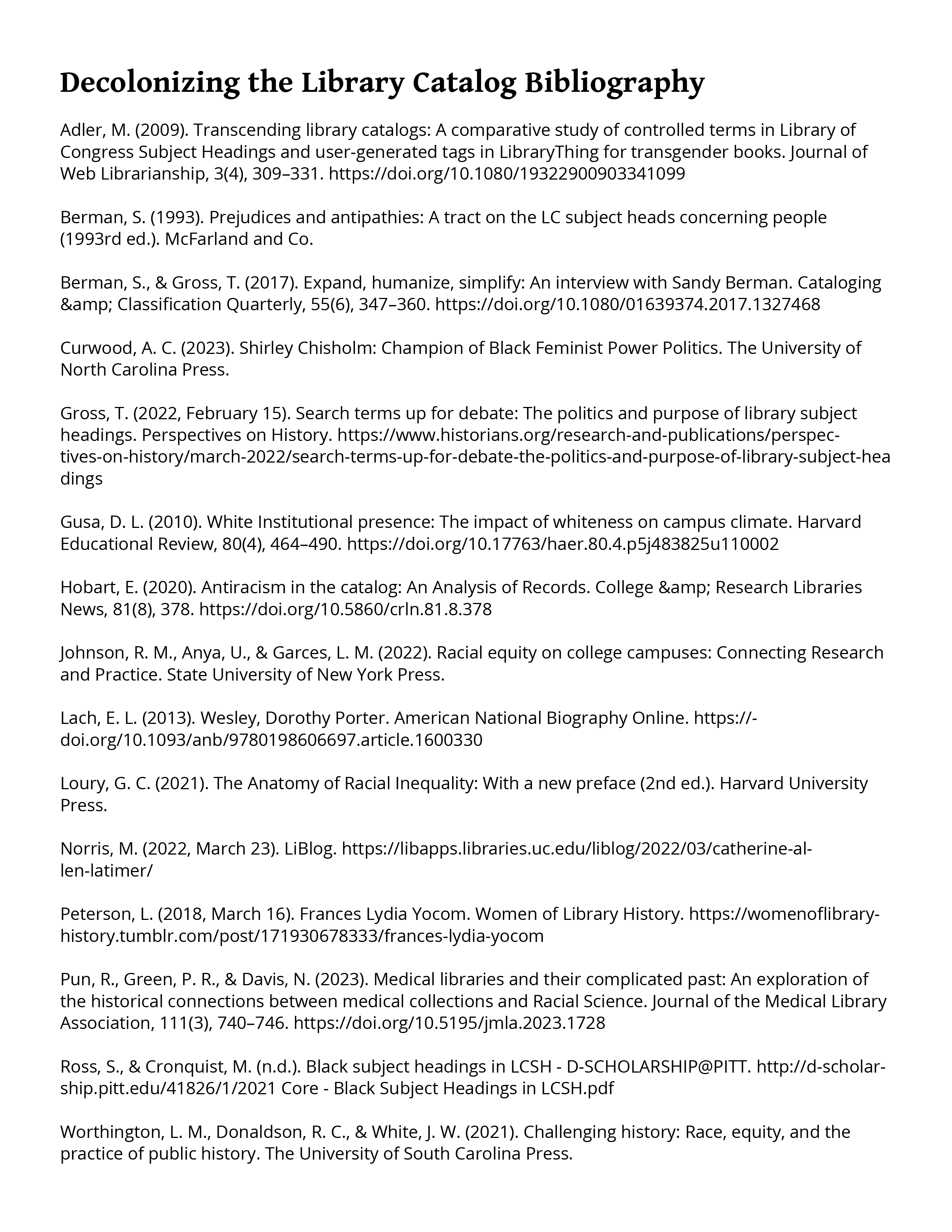Due to emergency repairs, the CCM Library will be closed the weekend of 24-25 February 2024
Saturday, 24 Feb CLOSED all hours
Sunday, 25 Feb CLOSED all hours

Classicists and supporters gathered en masse on Tuesday, February 20, to celebrate the work of Peter van Minnen, John Miller Burnam Professor of Classics and world-renowned papyrologist.
Continue readingPi Day is happening over spring break, but that won’t keep the Frederick A. Marcotte Library from celebrating early!
RSVP for our Pre-Pi Day Potluck on the event’s GetInvolvedUC event page today and join us in the library at noon on Thursday, March 7th for the festivities. You bring a pie to share and we’ll supply the plates and cutlery. We’ll see you there!
The University of Cincinnati Libraries and the Elliston Poetry Room announce the next roster of poets for Poetry Stacked, a semi-regular poetry reading series held in the 6th floor east stacks of the Walter C. Langsam Library.
At the next event, scheduled for Wednesday, March 6 at 4:30pm, three poets will read their original work:


Research & Data Services
February 12-16, 2024
#LoveData24
Thursday, February 15, 2024 – Blog Post by Tiffany Grant, PhD, CDE
Today we will focus on diet and nutrition. Poor diet is a leading cause of cardiovascular disease, diabetes, and obesity. Over the last several decades consumption of processed foods and changing lifestyles have led to the development of unhealthy diets. The lockdowns of the pandemic and the increased use of remote technologies have also led to an increase in sedentary lifestyles and habits amplifying the impact of these already unhealthy lifestyles. Eating the right variety of foods in moderation can help to offset this impact and help to reduce the risk of cardiovascular disease and obesity.
What does a healthy diet look like?
The details of a “healthy diet varies for each person, but there are some common threads. Individuals should aim to incorporate nutrient-dense foods like vegetables, lean proteins, healthy fats, and high-fiber carbs and limit low-nutrient, high-calorie foods like sweets, fatty meats, and fried and processed foods.
All healthy eating plans should include:
MyPlate.gov
MyPlate is a visual reminder to make healthy choices from each of the five groups. MyPlate.gov offers tips and resources that support healthy dietary patterns.
For healthy recipe ideas, check out My Plate. The MyPlate Quiz is a quick self-assessment tool that provides tailored resources based on answers to a series of simple questions about current eating habits. The results page provides a snapshot of how the user is doing in meeting food group recommendations. The user can then sync quiz results with the Start Simple with MyPlate app to set daily goals organized by food group. Each goal can be personalized to personal preference, cultural foodways, and budget needs, and includes sample tips as starter ideas.
Check out this mini-poster for more information and tips on nutrition, including portion amounts for each dietary component.
Grocery Shopping Tips
First consider your shopping cart divided into fourths.
Similarly, your grocery cart should look like your plate.

Nutrition Label Tips
Serving Size, Calories, and Macronutrients
Nutrients to increase
Nutrients to decrease
Ways to Use Nutrition Labels
List of Ingredients
A great resource on reading food labels can be found here.
No material on this site is intended to be a substitute for professional medical advice, diagnosis or treatment. Always seek the advice of your physician or other qualified health care provider with any questions you may have regarding a medical condition or treatment and before undertaking a new health care regimen, and never disregard professional medical advice or delay in seeking it because of something you have read on this website.
References
What: Board Game Night
When: Friday, February 23rd, 5-8 PM.
Where: 462 Langsam Library (by the Triceracopter)
This event, co-hosted by the UC Board Game Club and UC Libraries, is featuring the CEAS Library Board Game Collection.
What to expect: fun and free snacks.
Come on your own or bring friends.
Play your favorite games or learn new ones.
Learn about the Board Game Club and discover our collection.
Questions? Please contact Olga Hart of Ben Edwards.


A new exhibit on display on the fourth floor lobby of the Walter C. Langsam Library explores “Decolonizing the Library Catalog.” An important purpose of a library catalog is to ensure discoverability of materials. In addition to keywords that may or not be present in the book title or other parts of the record, subject headings are assigned to indicate the topics of library resources. Subject headings are created and maintained by a group of authorities, such as the Library of Congress, to help users find materials on a given topic. Headings are generally based on standard, contemporary American English-language usage and are intended to reflect current literature. (Adler). Subject headings can be problematic when they center whiteness, include outdated or offensive terminology and omit concepts related to people’s experiences. The display explores these issues, includes examples of problematic subject headings and lists ways in which people are working to update and improve the Library Catalog.
“Decolonizing the Library Catalog” was curated by Susan Banoun, team leader in eResources & Access, Mikaila Corday, eResources Department, and Olga Hart, coordinator of library instruction. It was designed by Francesca Voyten, communications design co-op student. The exhibit is sponsored by the Libraries RESPECT (Racial Equity Support Programming to Educate the Community Team) in honor of Black History Month.
To learn more, a print bibliography is available at the exhibit and posted below as an image.


Research & Data Services
February 12-16, 2024
#LoveData24
Wednesday, February 14, 2024 – Blog Post by Tiffany Grant, PhD, CDE
Did you know…
Question: What is the single most important thing you can do this very moment for health?
Answer: MOVE!
Regular exercise is one of the most important things you do to improve your health. For those that don’t like the term “exercise”, let’s just use the term “movement” because virtually any movement counts, even those that don’t resonate as “exercise”. Throughout the day, aim to move more and sit less because some activity is better than no activity. Though seemingly small now, it will add up over time to equate to added health benefits.
The CDC recommends 150 – 300 minutes of moderate-intensity physical activity/week or 75 minutes to 150 minutes of vigorous intensity activity/week. These minutes can be broken down into smaller chunks of time, such as 30 minutes/day for 5 days. Your activity can be walking, jogging, running, dancing, biking, mowing the lawn, walking the dog, golf, hiking, or virtually anything that will get you moving.
Continue reading
Research & Data Services
February 12-16, 2024
#LoveData24
Tuesday, February 13, 2024 – Blog Post by Tiffany Grant, PhD, CDE
Today we will focus on health disparities. The term health disparity refers to differences in health and health care between groups that typically stem from broader inequities. Multiple definitions of health disparity exist including:
Healthy People 2030 definition of health disparity
A particular type of health difference that is linked with social, economic, and/or environmental disadvantage,” and that adversely affects groups of people who have systematically experienced greater obstacles to health.
Centers for Disease Control and Prevention definition of health disparity
Preventable differences in the burden, disease, injury, violence, or in opportunities to achieve optimal health experienced by socially disadvantaged racial, ethnic, and other population groups and communities.
*Note that each definition refers to differences, and these differences are driven by a number of factors, including genetics, health behaviors, social and environmental factors, and access to health care.
Health disparities exist across all demographics in the US, and addressing them is essential to not only to those impacted, but to the overall health our our nation. Health disparties place a significant financial burden on individual, families, and the health care system.
Heart disease has been the number one cause of death for the last 100 years. In 2021 heart disease and stroke (5th leading cause of death) took more lives in the US than all forms of cancer and lower respiratory disease.
Continue reading
February 12-16, 2024
#LoveData24
Monday, February 12, 2024 – Blog Post by Tiffany Grant, PhD, CDE
Join UC Libraries Research & Data Services as we celebrate Love Data Week. The 2024 theme is “My Kind of Data”.
Question: What kind of data is the most personal?
Answer: Your own health data
Join us as we provide evidence-based data pertaining to the data that is most relevant to you. The information provided will help you be more knowledgeable about your health and provide impactful methods that can be incorporated relatively seamlessly into your day-to-day practices.
Continue reading